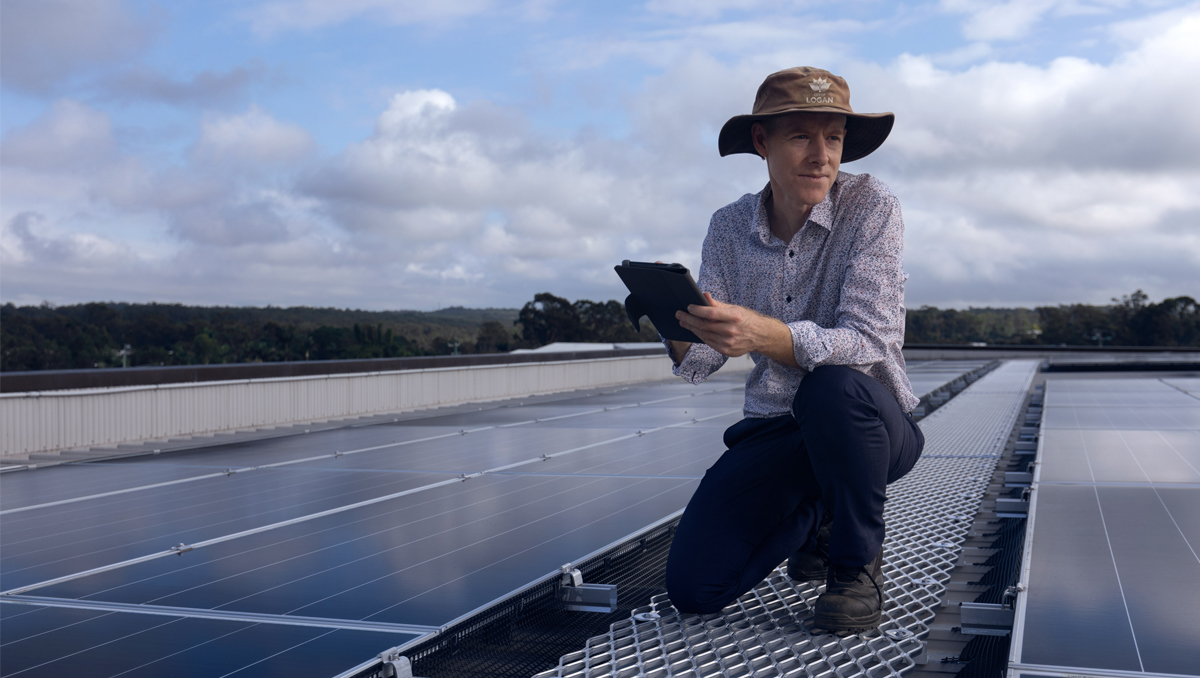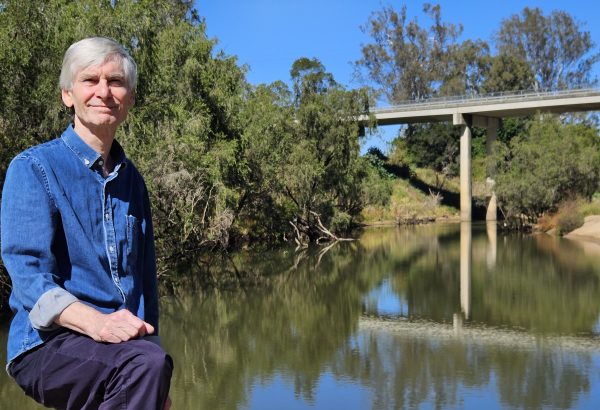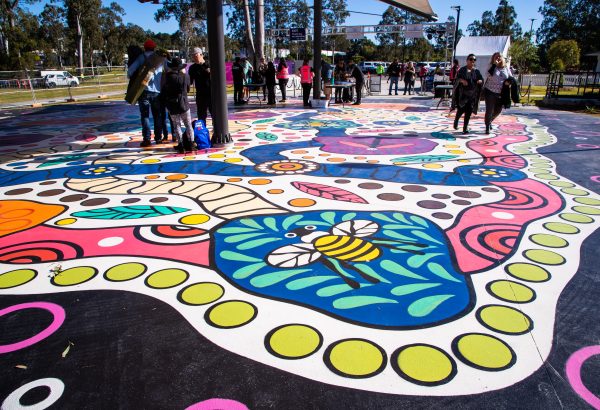Logan City Council is now carbon neutral
It’s not easy being green but Logan City Council is now leading the way on the global stage.
Since committing to carbon neutrality in 2018, Council has undertaken multiple initiatives in a bid to reduce its carbon footprint.
These projects include capturing landfill emissions to generate electricity, switching to electric or hybrid vehicles and utilising ammonia-based air conditioning in the Administration Centre.
Council has since reduced emissions by 353,000 tonnes and is now the second council in Queensland to receive carbon neutral certification. This certification confirms that Council has reached a balance between emitting and removing carbon from the environment.
Trevor Kanapi, Logan City Council’s Natural Environment and Sustainability Program Leader, says this was an accomplishment for everyone in Logan.
‘The City of Logan has a long history of being green,’ he says.
‘It’s reflected in the Have Your Say community surveys, where there was a high priority on climate change, saving bushland, protecting wildlife, and becoming greener in general.
‘Council was fully supportive because we listened to the community. Many of the actions make economic sense because they save Council money, especially with electricity prices skyrocketing.’
The journey to carbon neutrality has required a monumental joint effort between Council employees, Councillors, asset managers and beyond.
Instead of just buying carbon emission offsets, which compensate for produced emissions, Trevor and the team focused on carbon reduction from the roots up.
Council’s carbon reduction plan included initiatives like green waste bins, energy efficient lighting upgrades and solar panels.
These changes have been gradual but impactful, affecting everything from Council facilities to how residents treat their waste.
As of today, 18,546 green waste bins are being used in Logan – but the work has just begun for Council.
‘We’re now trialing the use of solar batteries, which store energy throughout the day to be used at night,’ Trevor says.
‘We also want to provide more support to the community by helping local organisations become greener.’
The ultimate goal is to reach absolute zero, where Council would no longer produce excess negative emissions that require external offsets.
While no other council has achieved absolute zero yet, Trevor is optimistic.
‘It’s a long term goal and would require more innovative solutions like food and organic waste recycling, more solar farms and expansion of our biochar operations,’ he says.
‘There’s also plenty of things our amazing community and residents can do to help save the planet.’
Tips for residents:
- Installing rooftop solar then using it to power appliances like dishwashers and washing machines in the daytime rather than overnight, and converting gas appliances to electric
- Setting the air conditioner at a higher temperature in summer while closing doors and windows to keep the cool air in, and using fans to provide further low energy cooling
- Ordering a green waste bin from Council
- See Council’s Sustainable Living webpage for more tips.
If you’d like to learn more about carbon neutrality and Council’s part, check out the official media release here.




